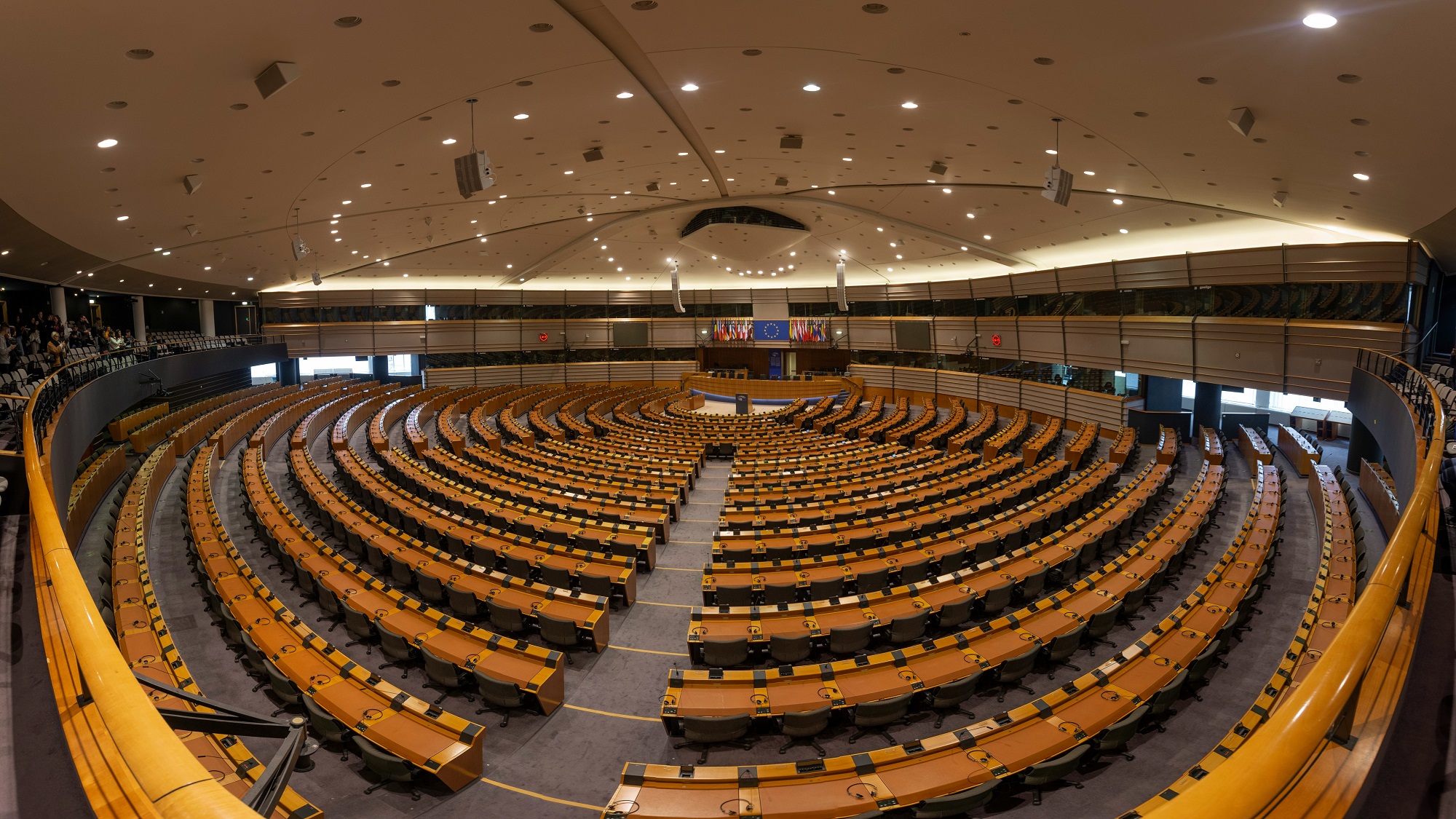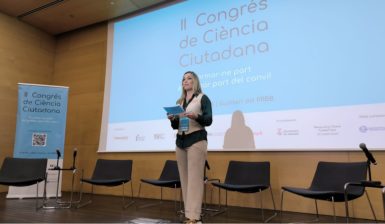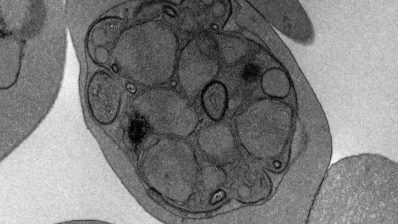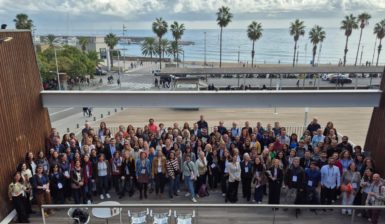This opinion piece was written by Alberto Rocamora, public policies advisor at the Barcelona Institute for Global Health (ISGlobal), one of the centers at the Barcelona Biomedical Research Park (PRBB).
In recent years, especially after the COVID-19 pandemic, interest in science and its impact on public policy has grown significantly. This phenomenon unfolds in a context marked by the rise of far-right nationalism in Europe and the United States, where questioning scientific consensus has become normalized, even in institutions like the European Parliament. Key areas such as climate change and vaccines, prioritized by the European Commission, are particularly affected by this trend.
Research centers play a crucial role as providers of reliable information and as bridges between science and policymaking. This was highlighted at the recent 2024 World Health Summit in October, where the European Commission, researchers, and a representative of the German government discussed academia’s value in policymaking in a round table. Examples mentioned included academic networks like the European Global Health Research Institutes Network (EGHRIN), in which ISGlobal participates, or the German Alliance for Global Health Research (GLOHRA) – and their role in implementing the European global health strategy. Programs like the European and Developing Countries Clinical Trials Partnership (EDCTP) were also discussed.
Following that event, this article explores how research activities, particularly those conducted by research centers, influence decision-making at the European level.
European mechanisms for integrating scientific evidence
The European Union has established robust mechanisms to ensure that political decisions are based on scientific evidence:
- Joint Research Centre (JRC): Functions as the scientific arm of the European Commission, collaborating with universities and research centers to support decisions with reliable data.
- European Parliament: Utilizes services like the Scientific and Technological Options Assessment (STOA) panel and its Think Tank to consult experts and draft legislation. In the case of the Council of the European Union, which represents member states and shares legislative powers with the Parliament, each government is autonomous and determines its own decision-making pathways.
Research centers and networking
Collaboration between research centers and universities through networks fosters knowledge exchange and amplifies political impact. Notable examples include LERU or The Guild (in the context of university research) and the aforementioned EGHRIN and GLOHRA (in global health). Many of these networks originate from framework research programs like Horizon Europe (2021–2027), the EU’s main funding scheme.
These centers and networks participate in prioritizing research areas, as they are preferentially consulted for designing the action plans implemented by Horizon Europe. Thus, they can influence funding allocation and cooperation with third countries, such as those linked to the Erasmus+ program. Additionally, the expert group responsible for the latest evaluation of Horizon Europe has proposed a European Council for Social Challenges (ESC2) to align public policies with scientific research.
Public consultations
Research centers also participate in public consultations organized by the European Commission, providing opinions on legislative proposals and strategies (just as individuals can). These consultations enable direct influence on political decisions and ensure that measures are practical and evidence-based.
From evidence to action: scientific translation
The “translation” of scientific evidence into concrete policies is key to their effectiveness. Centers like the Barcelona Institute for Global Health (ISGlobal) have managed to influence critical topics such as public health and climate change on the European agenda.
“Research centers and their researchers can influence public policies through involvement in academic networks, expert groups, public consultations, or translational work.”
In addition to highlighting the contribution of programs like the European and Developing Countries Clinical Trials Partnership (EDCTP) or the global health strategy, and demanding adequate funding for these initiatives, ISGlobal has warned of health risks due to insufficient ambition in the negotiations for a new Air Quality Directive.
The success of this work depends on the timely dissemination of scientific results in accessible formats for legislators. Academic networks are a great support in this regard, and it is also essential to foster researchers’ interest and knowledge of the legislative process and public agenda.
In conclusion, research centers and their networks have a significant impact on European public policy by providing evidence, influencing priorities, and ensuring that policies align with scientific knowledge.






